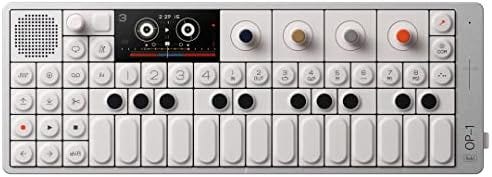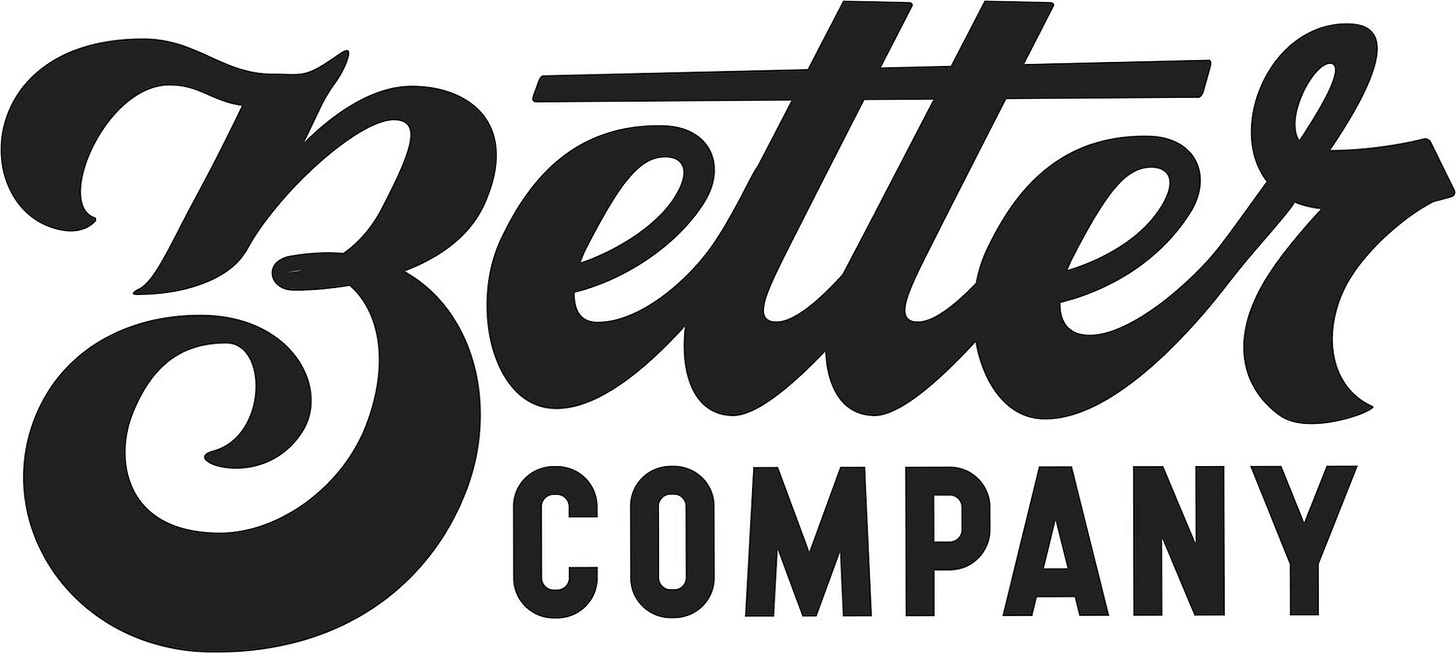Indie Music in the 21st Century: A Conversation with Divine Sweater
I sat down with Sean Seaver of Divine Sweater to find out what it's like trying to live off your music in the internet age.
The first time I saw Divine Sweater I was not happy. The issue wasn’t the music. Quite the opposite. The music was fantastic. That was the issue, though. I was a jealous freshman in college still unable to find a band to play in. They were already rocking. Lucky for me, we became friends not long after that. During my two years living in Cambridge after college, there was no band I played more shows with.
Earlier this week, I sat down with my friend Sean Seaver - the songwriter and producer behind Divine Sweater - to talk about how artists make money in the 21st century, what being signed to a label does for a band, why he wanted to make a concept album, and what having 100k monthly listeners on Spotify actually gets you.
A Conversation with Divine Sweater’s Sean Seaver
There’s always been some thematic consistency in the music that you’ve made. The term I often hear you describe it with is “dream pop”. What do you take that term to mean?
I feel like anytime I'm asked what kind of music we make, I'll respond with like six or seven genres, but “dream pop” is usually in that list, along with “indie rock”. For me, dream pop is kind of an ethereal, reverby music with delayed vocals. It’s not ambient because there are drums and other instruments, but it still gives you that feeling of floating. The tentpole dream pop bands that I think of are like the Cocteau Twins and Alvvays. I feel like we find ourselves in a similar musical aesthetic.
Your last album - Down Deep (A Nautical Apocalypse) - which I think we can safely describe as “dream pop”, was a concept album that you described as “a series of vignettes from the end of the world”. What drew you to that theme specifically and making a concept record more generally?
In early 2020 during COVID, I was listening to a lot of concept records, like The Rise and Fall of Ziggy Stardust and the Spiders from Mars by David Bowie and Yoshimi Battles the Pink Robots by the Flaming Lips. Kind of conveniently, we had some songs that reflected those early days of COVID. I found the idea of mentioning “quarantine” or “lockdown” artistically repulsive, but I thought we could frame it around a science fiction apocalypse. Lots of those concept records that I loved have sci-fi overtones.
It’s interesting you point out the sci-fi themes of those concept records. I feel like I never really noticed until right now that many concept records are based in science fiction.
I feel like nine out of 10 of concept records happen in space. Ziggy Stardust is from Mars. Yoshimi is about some aliens. So, we thought, “What if our record happened on Earth?”
Plus, the idea of water and floating fits well with the dream pop aesthetic.
Yeah, definitely. It all felt very natural. I'm happy with that record. I’m also happy our record coming out next year is not a concept record.
I can imagine a concept record might feel constraining after a certain point.
100%. After a while, you’re like, “Okay, I’d like to just write a song and not have to fit it in a larger story arc.”
Let’s focus on one of the songs from that record: “All the Way Back”. There are so many sonic layers to that track. Talk to me about how it came together. Did you start with a lyric? Melodic idea? The guitar riff?
I wrote that on my birthday in 2020. Meghan [Divine Sweater’s lead singer] got me this OP-1, which I made the drum beat and synth patch on. I think the original jam just had those two elements. Then I came up with that guitar riff, which I called my car commercial riff because I felt like it could be in a Cadillac commercial.
As soon as we had that guitar riff - and doubled it on the bass - I knew we had a song. It wasn't just looping keyboard chords anymore. So, the riff wasn’t the first thing I came up with, but it defined the song.
Is the process you followed on “All the Way Back” similar to your process on other songs?
It depends. I'm definitely the type of musician that writes by recording. A lot of the time as soon as the light bulb goes off in my head, I want to get something in Ableton or Pro Tools as quickly as possible. I don’t necessarily believe in “first thought, best thought”, but I do want to get all of that first thought down.
Down Deep (A Naturical Apocalypse) was put out on Better Company Records. What was the biggest difference between releasing music through a label as opposed to self-releasing?
The biggest difference for us was distribution. We weren’t distributing the music ourselves through DistroKid. The album was distributed through The Orchard, which is Sony's independent arm. Along with handling that, they pitch our music to streaming services. With their help we landed on our first editorial playlists on Spotify and Apple.
You have over 100k monthly listeners on Spotify. I feel like it’s unclear what that actually means as an artist. Does having that many listeners have a tangible impact on Divine Sweater?






